8 Reasons Why Your Third Stimulus Check Could Be Delayed or Denied
The IRS has already delivered millions of third-round payments. If you're still waiting for your money, here's why your third stimulus check could be late (or never arrive).


Profit and prosper with the best of Kiplinger's advice on investing, taxes, retirement, personal finance and much more. Delivered daily. Enter your email in the box and click Sign Me Up.
You are now subscribed
Your newsletter sign-up was successful
Want to add more newsletters?

Delivered daily
Kiplinger Today
Profit and prosper with the best of Kiplinger's advice on investing, taxes, retirement, personal finance and much more delivered daily. Smart money moves start here.

Sent five days a week
Kiplinger A Step Ahead
Get practical help to make better financial decisions in your everyday life, from spending to savings on top deals.

Delivered daily
Kiplinger Closing Bell
Get today's biggest financial and investing headlines delivered to your inbox every day the U.S. stock market is open.

Sent twice a week
Kiplinger Adviser Intel
Financial pros across the country share best practices and fresh tactics to preserve and grow your wealth.

Delivered weekly
Kiplinger Tax Tips
Trim your federal and state tax bills with practical tax-planning and tax-cutting strategies.

Sent twice a week
Kiplinger Retirement Tips
Your twice-a-week guide to planning and enjoying a financially secure and richly rewarding retirement

Sent bimonthly.
Kiplinger Adviser Angle
Insights for advisers, wealth managers and other financial professionals.

Sent twice a week
Kiplinger Investing Weekly
Your twice-a-week roundup of promising stocks, funds, companies and industries you should consider, ones you should avoid, and why.

Sent weekly for six weeks
Kiplinger Invest for Retirement
Your step-by-step six-part series on how to invest for retirement, from devising a successful strategy to exactly which investments to choose.
Did you get your third stimulus check yet? If the answer is "no," then you might be waiting a while longer to get your payment. The IRS started delivering third-round stimulus checks in mid-March, and millions of Americans have already received their payment. If all your friends and family members already have their money, but your pockets are still empty, you could be in for a long delay. And, for some people, a third stimulus check will never arrive.
You can use the IRS's "Get My Payment" tool to track the status of your third stimulus check…but that won't make it arrive any faster (or ever). The best thing to do is try to understand why your payment is delay or won't ever come, and then act accordingly. Read on to see 8 reasons why your third stimulus check could be held up or denied. But if you're eligible for a third stimulus check, just know that you'll eventually get your money one way or another.
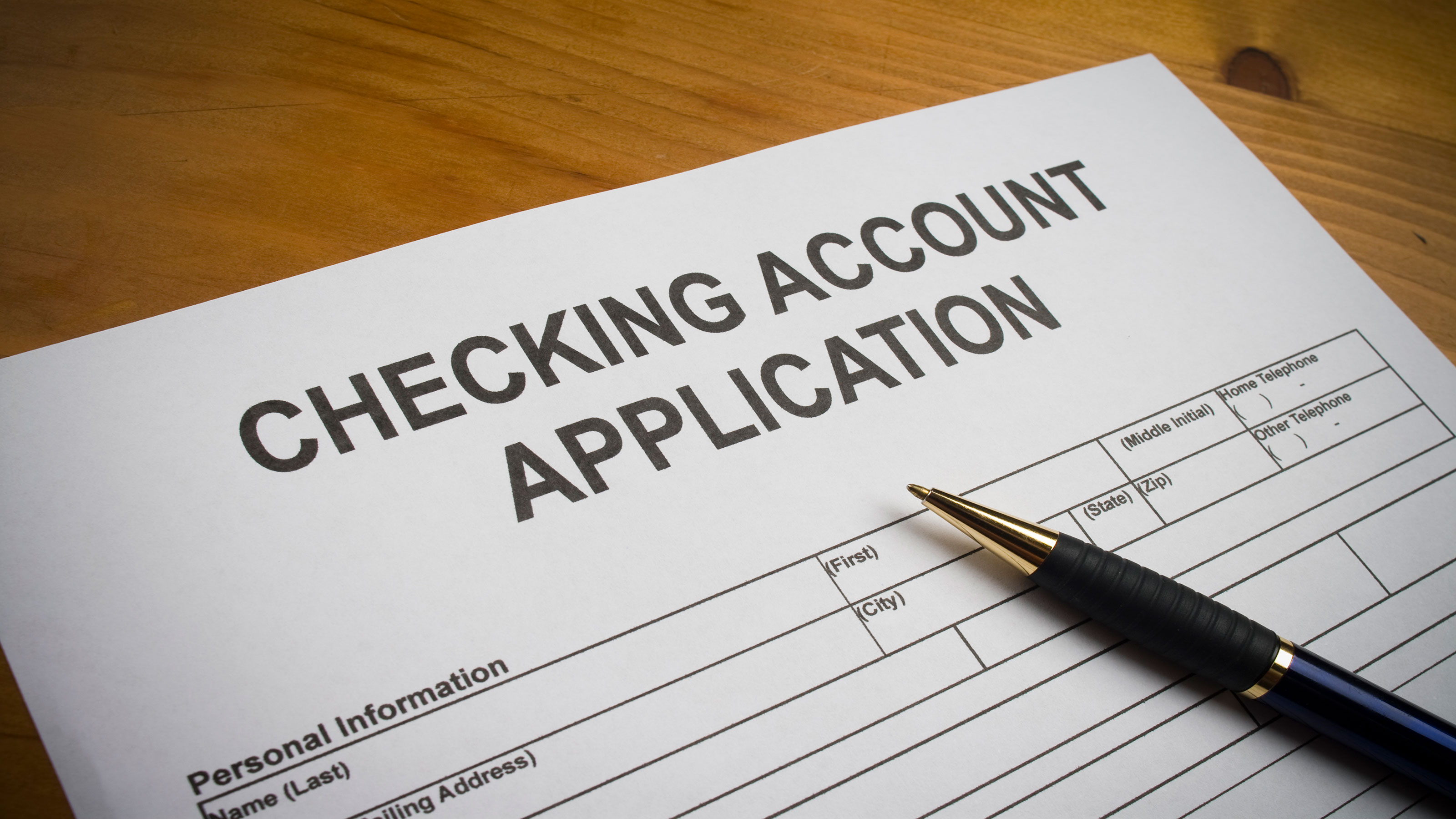
You Have a New Bank Account
Your third stimulus check payment will be directly deposited into your bank account if the IRS has your bank information from:
- Your 2019 or 2020 federal income tax return (Form 1040);
- The "Non-Filers: Enter Payment Info Here" tool used for first-round stimulus payments;
- The "Get My Payment" tool, if the information was provided in 2020;
- A federal agency that issued benefits to you (e.g., the Social Security Administration, Department of Veteran Affairs, or Railroad Retirement Board); or
- Federal records of recent payments to or from the government.
Direct deposit is the quickest and easiest method of delivering your payment. However, if you recently closed the bank account that the IRS has on record, then the payment will be delayed. By law, the bank must return the payment to the IRS if the account is inactive or closed. Unfortunately, if you closed your account, there's no way to provide the IRS with your new bank account information for third stimulus check purposes. As a result, you will either receive a paper check or debit card by mail.
If the IRS sends a paper check or debit card, that will take longer than getting a direct deposit payment because it has to go through the regular mail.
If the IRS doesn't send a third-round payment at all, then you'll have to claim the third stimulus check money that you should have received as a Recovery Rebate credit on your 2021 income tax return, which you won't file until next year.
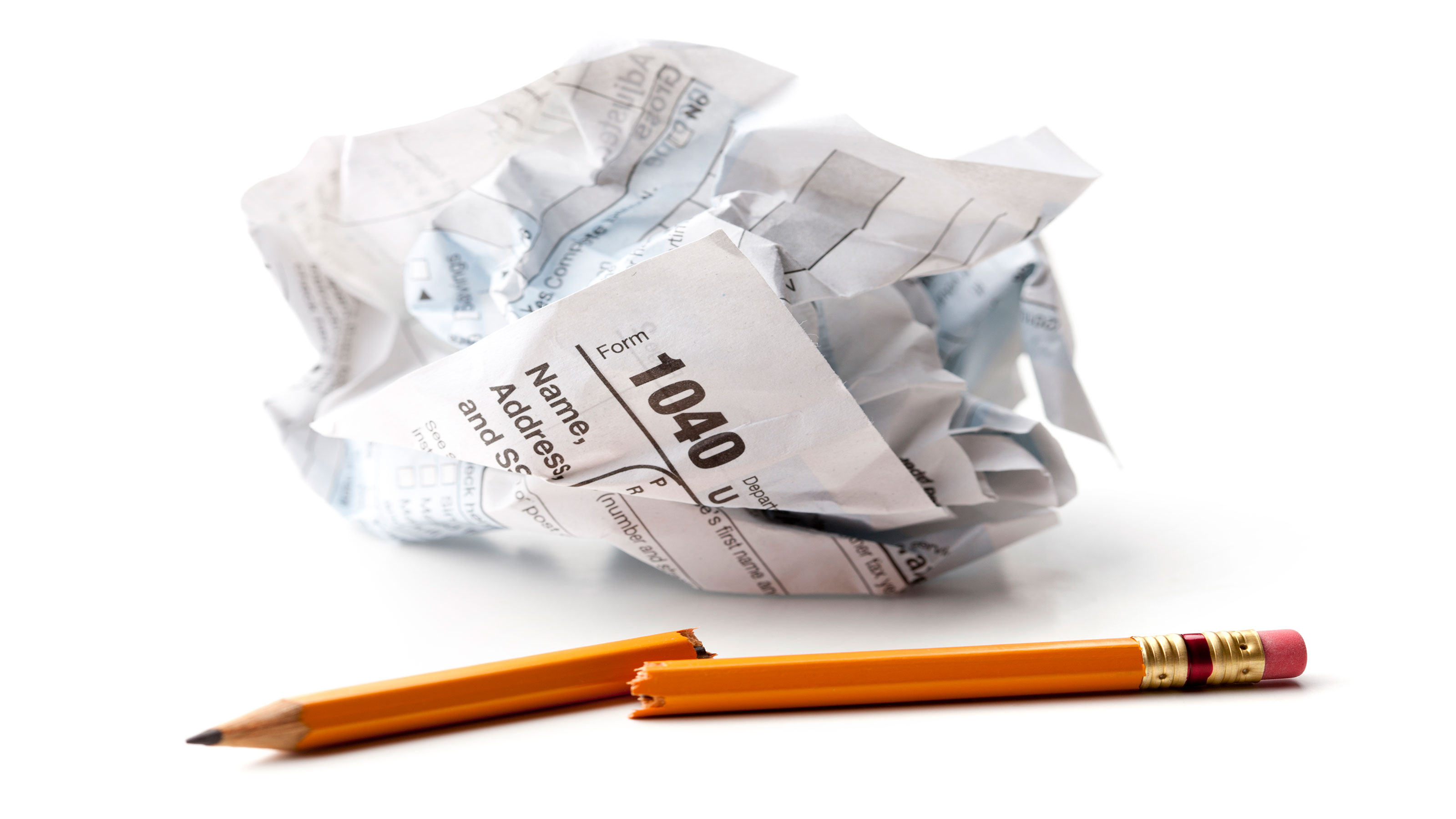
You Didn't File a 2019 or 2020 Tax Return
Generally, the IRS will look at your 2019 or 2020 tax return to see if you're eligible for a third stimulus check and, if so, to determine the amount of your check. If you didn't file a 2019 or 2020 return (not everyone is required to file one), then the IRS is stuck. It doesn't have the information it needs to send you a payment readily available.
For some people, the IRS got the necessary information from another federal agency that is paying you benefits (e.g., from the Social Security Administration, Railroad Retirement Board, or Department of Veterans Affairs). After it got the information, the IRS was able to start sending payments to those beneficiaries – but waiting to get the data caused a delay. For example, the IRS just recently started sending payments to millions of federal beneficiaries. (Also note that these federal beneficiaries will generally receive their third stimulus payment in the same manner that they get their regular benefits.)
If the IRS isn't able to get the information needed to process your payment (or a full payment), then you'll have to claim the amount you're entitled to as a Recovery Rebate credit on your 2021 tax return. But there's an easy way to avoid this – simply file a 2020 tax return, even if you don't have to.
There's still plenty of time to file a 2020 return. The IRS pushed back this year's return filing deadline from April 15 to May 17, 2021, so you have an additional month to get your 2020 return to the IRS. The tax agency has until the end of the year to send out third-round stimulus payments, so you can still get a check if you haven't filed yet – it will just take longer for you to get it.

You Recently Moved
If, for whatever reason, you're scheduled to receive a paper check or debit card in the mail (rather than a direct deposit payment), the IRS is going to send your third stimulus check or debit card to the address it has on record. The fact that your payment is being sent through the mail is enough on its own to cause a delay, but you're going to wait even longer to get your money if you recently moved and the IRS sends your payment to the wrong address.
If the U.S. Postal Service is forwarding your mail to your new address, your third-round stimulus payment will eventually show up in your mailbox. But, of course, it will take even more time and add to the delay.
On the other hand, if the Postal Service can't deliver your payment and returns it to the IRS, you'll be given the opportunity to have your payment directly deposited to a:
- Bank account;
- Prepaid and reloadable debit card; or
- Alternative financial product that has a routing and account number associated with it.
You'll use the IRS's "Get My Payment" tool to send authorize the direct deposit. Although direct deposit is faster than having a reissued payment sent by mail, the whole process of having your payment returned to the IRS and then arranging for a direct deposit payment will still take quite a bit of time.
If you don't sign up for direct deposit after your initial payment is returned to the IRS, it will take even longer to receive your third stimulus check. In that case, the IRS won't reissue your payment until it receives an updated address (e.g., by filing a 2020 tax return or notifying the IRS).
If, after your initial payment is return by the Postal Service, you don't sign-up for direct deposit or provide the IRS with your new address, you won't get a third payment and will have to claim your third stimulus check amount as a Recovery Rebate credit on your 2021 tax return.

You're Married and Filed a Joint Tax Return
If you're married and filed a joint tax return, half of your third stimulus payment might be delayed. That's because the IRS is sending two separate payments to some joint filers. (Don't ask me why.) The first half may come as a direct deposit, which you may have already received. But the other half is then mailed to the address the IRS has on file, which is generally the address on your most recent tax return or as updated through the U.S. Postal Service. The second payment could come the same week as the first one…or it might not arrive for a few weeks.
If you're a joint filer and only get half of what you should have received, both you and your spouse should check the IRS's "Get My Payment" tool separately using your own Social Security number to see the status of your payments.
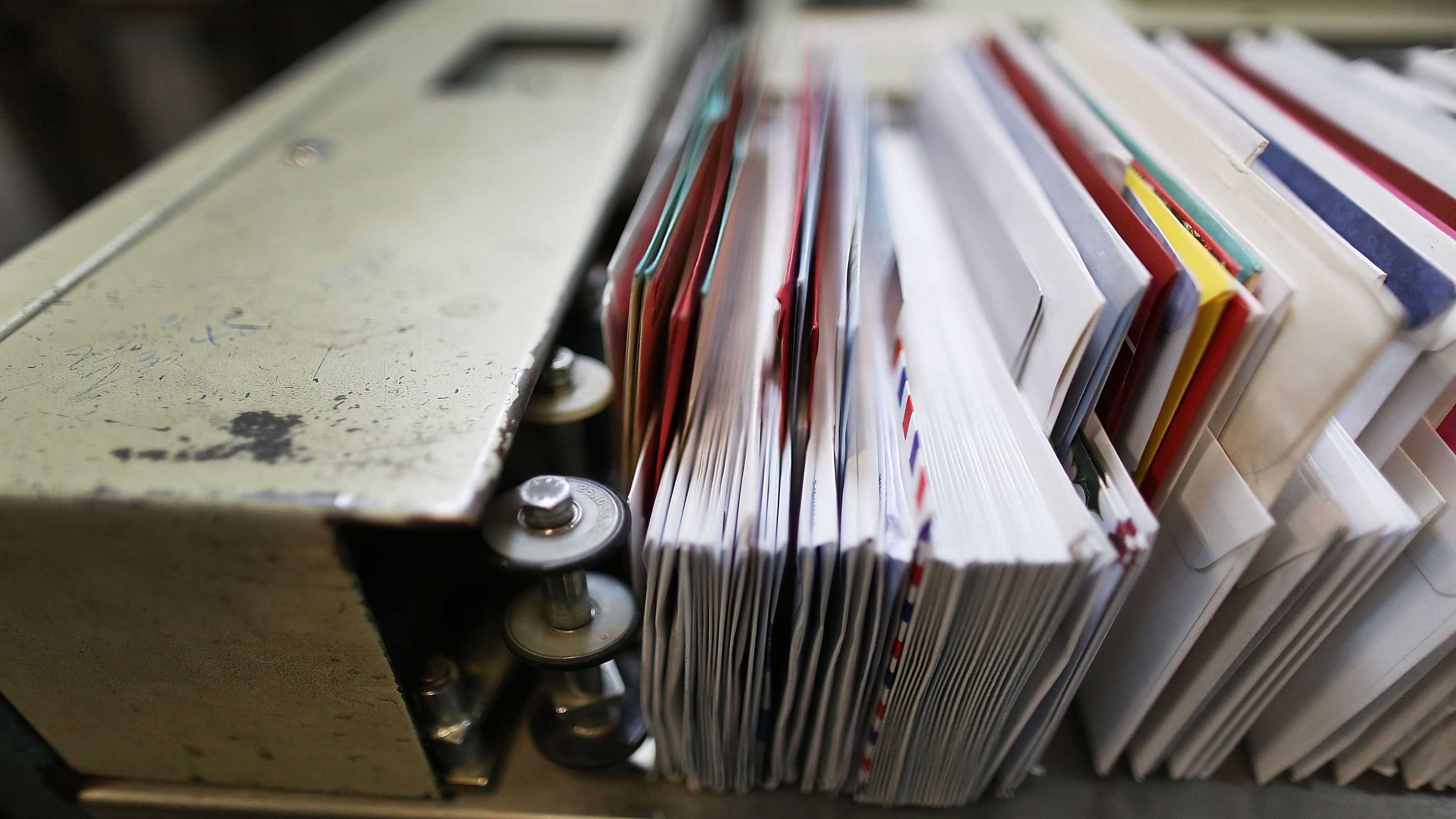
Your Payment is Lost or Stolen
If your third-round stimulus check is lost in the mail, stolen, or otherwise goes missing, then it might be a while before you get your cash. If that happens to you, you need to ask the IRS to do a "payment trace" to see if your check was cashed. (If your stimulus payment is sent via direct deposit to your bank account, the trace can see if it was misdirected.)
Unfortunately, though, the payment trace takes time. Plus, you have to wait a certain period of time before you can even make the request. Although, of course, just adds to the delay in receiving your payment.
Make sure you follow the IRS's procedures for requesting a payment trace, too. If you miss a step or otherwise mess up, that's just going to slow things down even more.
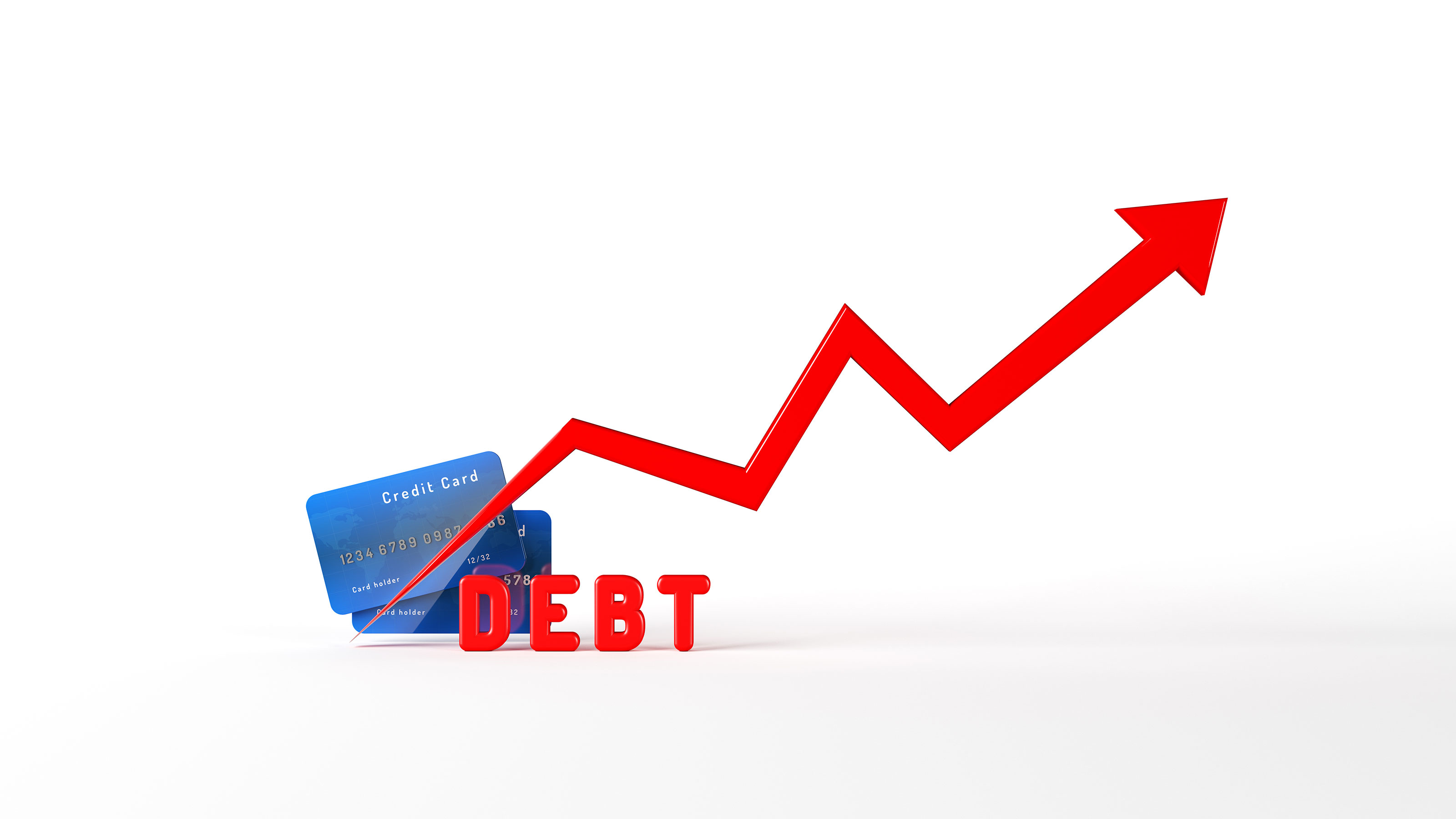
You're in Debt
Third stimulus checks can't be reduced to pay child support, federal taxes, state income taxes, debts owed to federal agencies, or unemployment compensation debts. (If you owed child support, the IRS could use first-round stimulus check money to pay arrears.) However, protections that were in place for second-round stimulus checks to prevent garnishment by private creditors or debt collectors don't apply for third-round payments. Third stimulus checks can be lost in bankruptcy proceedings, either.
As a result, not only could your access to third stimulus check funds be delayed, but your entire payment could be taken. If you receive a paper stimulus check in the mail, you might be able to avoid garnishment by cashing the check instead of depositing it into your bank account.

You Make Too Much Money
You won't get a third stimulus check at all if your income is too high. Every eligible American starts with a $1,400 third stimulus check "base amount." The base amount goes up to $2,800 for married couples filing a joint tax return. Then, for each dependent in your family, an extra $1,400 will be added to the base amount.
However, everyone won't get the full amount. As with the first two stimulus payments, third-round stimulus checks will be "phased-out" (i.e., reduced) for people with an adjusted gross income (AGI) above a certain amount on their 2019 or 2020 tax return. If you filed your most recent tax return as a single filer, your third stimulus check will be phased-out if your AGI is $75,000 or more. That threshold increases to $112,500 for head-of-household filers, and to $150,000 for married couples filing a joint return.
Third-round stimulus checks are reduced to zero pretty quickly. They are completely phased out for single filers with an AGI above $80,000, head-of-household filers with an AGI over $120,000, and joint filers with an AGI exceeding $160,000.
However, if you don't get a third stimulus check (or you don't get a full one) because your 2019 or 2020 income is too high, you still might qualify for a Recovery Rebate credit on your 2021 tax return. That's because the tax credit will be based on your 2021 AGI, which could be lower than either your 2019 or 2020 income. For example, if you're single and your 2020 AGI was above $80,000, you don't qualify for a third stimulus check. But what if your 2021 income drops to under $75,000. In that case, you're eligible for a $1,400 Recovery Rebate credit on your 2021 tax return.

You're Not Eligible for a Third Stimulus Check
Not everyone is eligible for a third stimulus check. In a nutshell, you generally don't qualify for a third-round payment if:
- You could be claimed as a dependent on someone else's tax return;
- You don't have a Social Security number; or
- You're a nonresident alien.
(Estates and trusts, and people who died before 2021, are also not eligible.) If the IRS determines that you're not eligible for a third-round stimulus check, then you won't get one.
There are a few exceptions to the Social Security number requirement. For instance, an adopted child can have an adoption taxpayer identification number (ATIN) instead of a Social Security number. For married members of the U.S. armed forces, only one spouse needs to have a Social Security number. And if your spouse doesn't have a Social Security number, you can still receive a third stimulus check if you have one.
However, as with people with higher incomes, being ineligible for a third stimulus check doesn't necessarily mean you're also ineligible for a Recovery Rebate credit when you file your 2021 tax return. For example, if you're no longer a dependent or get a Social Security number in 2021, then you may be eligible for the 2021 credit. Even though you'll have to wait, you don't leave money on the table if it's available!
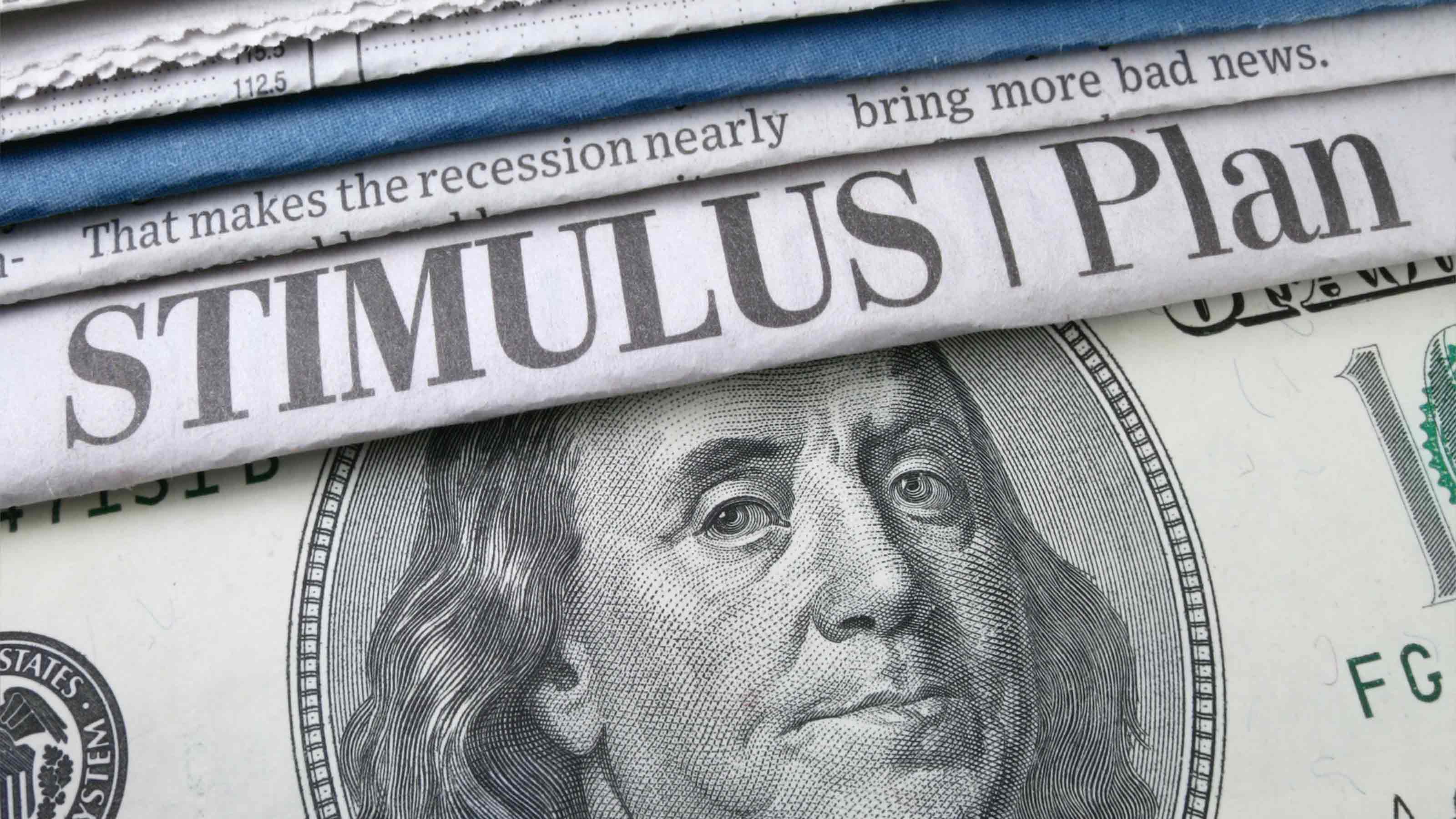
Stay on Top of Stimulus Check Developments
Follow Kiplinger for the latest news and insights on federal stimulus payments (and other important personal-finance matters). Stay with us on:
- email. Sign up free for our daily Kiplinger Today e-newsletter.
- social media. Follow us on Instagram, Twitter and Facebook.
- podcasts. Subscribe free to our weekly Your Money's Worth podcast. Apple | Google Podcasts | Spotify | Overcast
See some of our other coverage of the third stimulus check:
- Your Third Stimulus Check: How Much? When? And Other FAQs
- How Your Third Stimulus Check Will Differ From the First Two Payments
- Third Stimulus Check Calculator
- Who Won't Get a Third Stimulus Check (Not Everyone is Eligible!)
- Is Your Stimulus Check Taxable?
- Will Your Stimulus Check Increase Your Tax on Social Security Benefits?
- Where's My Stimulus Check? Use the IRS's "Get My Payment" Portal to Get an Answer
- 6 Money-Smart Ways to Spend Your Third Stimulus Check
Profit and prosper with the best of Kiplinger's advice on investing, taxes, retirement, personal finance and much more. Delivered daily. Enter your email in the box and click Sign Me Up.
Rocky Mengle was a Senior Tax Editor for Kiplinger from October 2018 to January 2023 with more than 20 years of experience covering federal and state tax developments. Before coming to Kiplinger, Rocky worked for Wolters Kluwer Tax & Accounting, and Kleinrock Publishing, where he provided breaking news and guidance for CPAs, tax attorneys, and other tax professionals. He has also been quoted as an expert by USA Today, Forbes, U.S. News & World Report, Reuters, Accounting Today, and other media outlets. Rocky holds a law degree from the University of Connecticut and a B.A. in History from Salisbury University.
-
 Look Out for These Gold Bar Scams as Prices Surge
Look Out for These Gold Bar Scams as Prices SurgeFraudsters impersonating government agents are convincing victims to convert savings into gold — and handing it over in courier scams costing Americans millions.
-
 How to Turn Your 401(k) Into A Real Estate Empire
How to Turn Your 401(k) Into A Real Estate EmpireTapping your 401(k) to purchase investment properties is risky, but it could deliver valuable rental income in your golden years.
-
 My First $1 Million: Retired Nuclear Plant Supervisor, 68
My First $1 Million: Retired Nuclear Plant Supervisor, 68Ever wonder how someone who's made a million dollars or more did it? Kiplinger's My First $1 Million series uncovers the answers.
-
 Should You Do Your Own Taxes This Year or Hire a Pro?
Should You Do Your Own Taxes This Year or Hire a Pro?Taxes Doing your own taxes isn’t easy, and hiring a tax pro isn’t cheap. Here’s a guide to help you figure out whether to tackle the job on your own or hire a professional.
-
 Don't Overpay the IRS: 6 Tax Mistakes That Could Be Raising Your Bill
Don't Overpay the IRS: 6 Tax Mistakes That Could Be Raising Your BillTax Tips Is your income tax bill bigger than expected? Here's how you should prepare for next year.
-
 Will IRS Budget Cuts Disrupt Tax Season? What You Need to Know
Will IRS Budget Cuts Disrupt Tax Season? What You Need to KnowTaxes The 2026 tax season could be an unprecedented one for the IRS. Here’s how you can be proactive to keep up with the status of your return.
-
 3 Retirement Changes to Watch in 2026: Tax Edition
3 Retirement Changes to Watch in 2026: Tax EditionRetirement Taxes Between the Social Security "senior bonus" phaseout and changes to Roth tax rules, your 2026 retirement plan may need an update. Here's what to know.
-
 A Free Tax Filing Option Has Disappeared for 2026: Here's What That Means for You
A Free Tax Filing Option Has Disappeared for 2026: Here's What That Means for YouTax Filing Tax season officially opens on January 26. But you'll have one less way to submit your tax return for free. Here's what you need to know.
-
 When Do W-2s Arrive? 2026 Deadline and 'Big Beautiful Bill' Changes
When Do W-2s Arrive? 2026 Deadline and 'Big Beautiful Bill' ChangesTax Deadlines Mark your calendar: Feb 2 is the big W-2 release date. Here’s the delivery scoop and what the Trump tax changes might mean for your taxes.
-
 Are You Afraid of an IRS Audit? 8 Ways to Beat Tax Audit Anxiety
Are You Afraid of an IRS Audit? 8 Ways to Beat Tax Audit AnxietyTax Season Tax audit anxiety is like a wild beast. Here’s how you can help tame it.
-
 States That Tax Social Security Benefits in 2026
States That Tax Social Security Benefits in 2026Retirement Tax Not all retirees who live in states that tax Social Security benefits have to pay state income taxes. Will your benefits be taxed?

